Self-Care on World Mental Health Day
“Self-care is when we intentionally create opportunities to tend to our mental, physical and emotional health.”
Life is never straight forward, is it? There are highs and low, peaks and troughs, and in a digital world where we usually see the highlight reel of people’s lives, we know that life isn’t always like that. When you find ourselves feeling overwhelmed, how do you know if what you’re experiencing is just a rough patch or if it is time to help.

What is self-care?
What do you think of when you read the words ‘self-care? Perhaps you think of pampering, spa days, eating out or treating yourself to some retail therapy. Though these activities can play a part, they are not self-care by themselves. Self-care is when we intentionally create opportunities to tend to our mental, physical and emotional health. It is about not only identifying your short-term needs, but your long-term needs too.
Long-term self-care is about having healthy boundaries, becoming more present to yourself and finding ways to reduce stress. It is about prioritising your health by getting enough sleep, developing healthy coping strategies, eating well and getting regular exercise – all of which contribute to improving and maintaining your mental health.
How does self-care help?
Many of us face demands from work, family and social expectations, which can make it hard to find time for ourselves. By creating regular opportunities for self-care and adjusting your schedule, you can effectively reduce stress, avoid burnout and improve your mental health. When we neglect our mental health, we can easily find ourselves exhausted, overwhelmed and even physically unwell.
However, when we are able to take care of ourselves we are better resourced to face many of life’s challenges. Self-care allows us to become more resilient, more emotionally aware and increases our energy levels. Each act of care is a stepping stone to healthier habits, making it easier to identify difficult emotions and get the help we need.
When should I seek professional help?
There is no right time to seek out extra support from a professional, but if you haven’t established your own self-care practices yet the following steps are a great place to start. On the other hand, if you have already tried to build practices into your life and you’re still struggling, it is always recommended that you seek out professional help before you reach crisis. If you’re considering starting counselling, you can also ‘Get in Touch’ with us at Cynefin Therapy and we will be happy to answer any questions.
How can I start my own self-care practices?
Whether you are new to self-care, or you’ve had a go before and would like to try again, the steps below will help you build self-care practices into your daily routine:
– Create a daily routine: You can start by doing something that nourishes you for just ten minutes each day, like journaling, meditation or yoga. There are plenty of resources online if you need a guided video or some inspiration.
– Set boundaries: Whenever we say ‘no’, we are setting a boundary, and it is important to protect your time and energy. If you find boundaries difficult, it may be helpful to think about whether you’re ever really saying ‘yes’ if you can’t say ‘no’.
– Prioritise rest: Many people don’t realise that sleep has a significant impact on our energy levels and decision making. You may need to establish a bedtime routine, or you may need to take the occasional nap during the day. If you are still struggling to get to sleep, we recommend you speak to your GP.
– Practice mindfulness: Whether you focus on breathing or engage in an activity like walking without distractions, try to find small moments to be present to yourself, to others and the world around you.
– Move your body: The word ‘exercise’ can feel daunting, but it doesn’t necessarily mean going to the gym. It can be as simple as a short walk, stretching out your body or having a little dance to your favourite song.
Remember – it isn’t selfish to look after yourself. It is necessary. Self-care works best when we are consistent in the small ways we look after ourselves. When you take time for yourself, you can fully show up for yourself and the people who matter to you most.
Get in touch

We are ready to hear your journey. If you are ready to enquire about starting counselling please fill out the form and we will be in touch.



